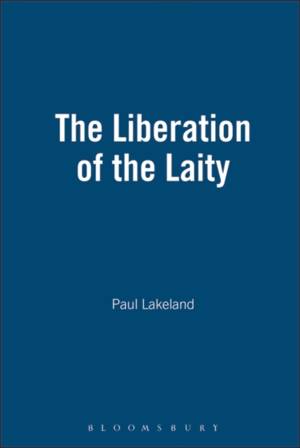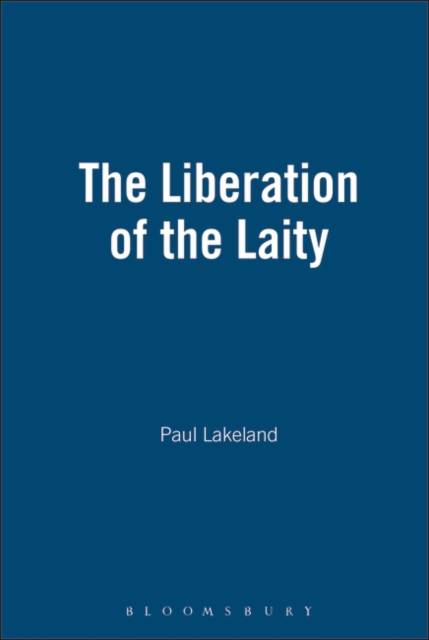
- Afhalen na 1 uur in een winkel met voorraad
- Gratis thuislevering in België vanaf € 30
- Ruim aanbod met 7 miljoen producten
- Afhalen na 1 uur in een winkel met voorraad
- Gratis thuislevering in België vanaf € 30
- Ruim aanbod met 7 miljoen producten
Zoeken
€ 58,45
+ 116 punten
Omschrijving
Best Theology Book 2004 - Catholic Press Assocation
The present crisis in the American Catholic Church stems from a two-fold source: lay people are powerless while the bishops are accountable to no one but the pope and the curia. While the number of lay people exercising ministries in the church has grown enormously over the past thirty years (largely due to the shortage of priests), there has been little or no theological reflection till now on the genuine role of the laity. It is only from such reflection that structural reform of the church will come. The first half of The Liberation of the Laity concentrates on the fortunes of the laity, theologically speaking, between Vatican I (1870) and Vatican II (1962-65). It examines the growth of the "new theology" in France in the 1940s and 1950s and shows how in the work of one of its leading practitioners, Yves Congar, much of the vision of the laity expressed at Vatican II was anticipated. Seeing the years after the council as decades of missed opportunities to recognize the role of the laity, the book then turns to a series of constructive proposals for the liberation of the laity, and thus the liberation of the church. It discusses the importance of "secularity," the need for a "lay liberation theology," and the centrality of the struggles against global capitalism in the mission of the church. It ends with a chapter envisioning dramatic changes in ministry and governing structures, in which accountability will be central, "servant leaders" will include women and married people, and both ecclesiastical careerism and the College of Cardinals will be history.Specificaties
Betrokkenen
- Auteur(s):
- Uitgeverij:
Inhoud
- Aantal bladzijden:
- 320
- Taal:
- Engels
Eigenschappen
- Productcode (EAN):
- 9780826416360
- Verschijningsdatum:
- 19/05/2004
- Uitvoering:
- Paperback
- Formaat:
- Trade paperback (VS)
- Afmetingen:
- 161 mm x 227 mm
- Gewicht:
- 426 g

Alleen bij Standaard Boekhandel
+ 116 punten op je klantenkaart van Standaard Boekhandel
Beoordelingen
We publiceren alleen reviews die voldoen aan de voorwaarden voor reviews. Bekijk onze voorwaarden voor reviews.











